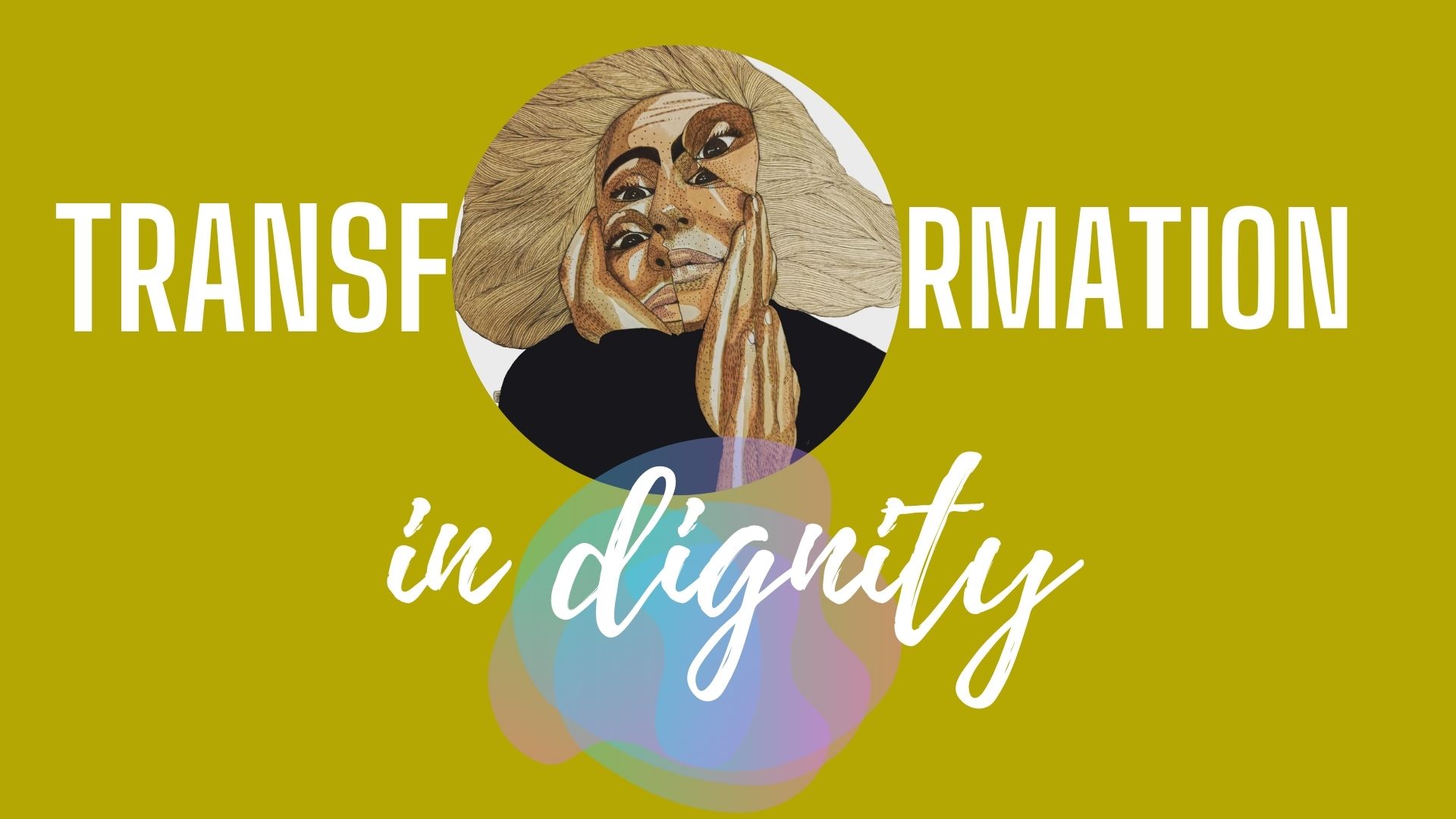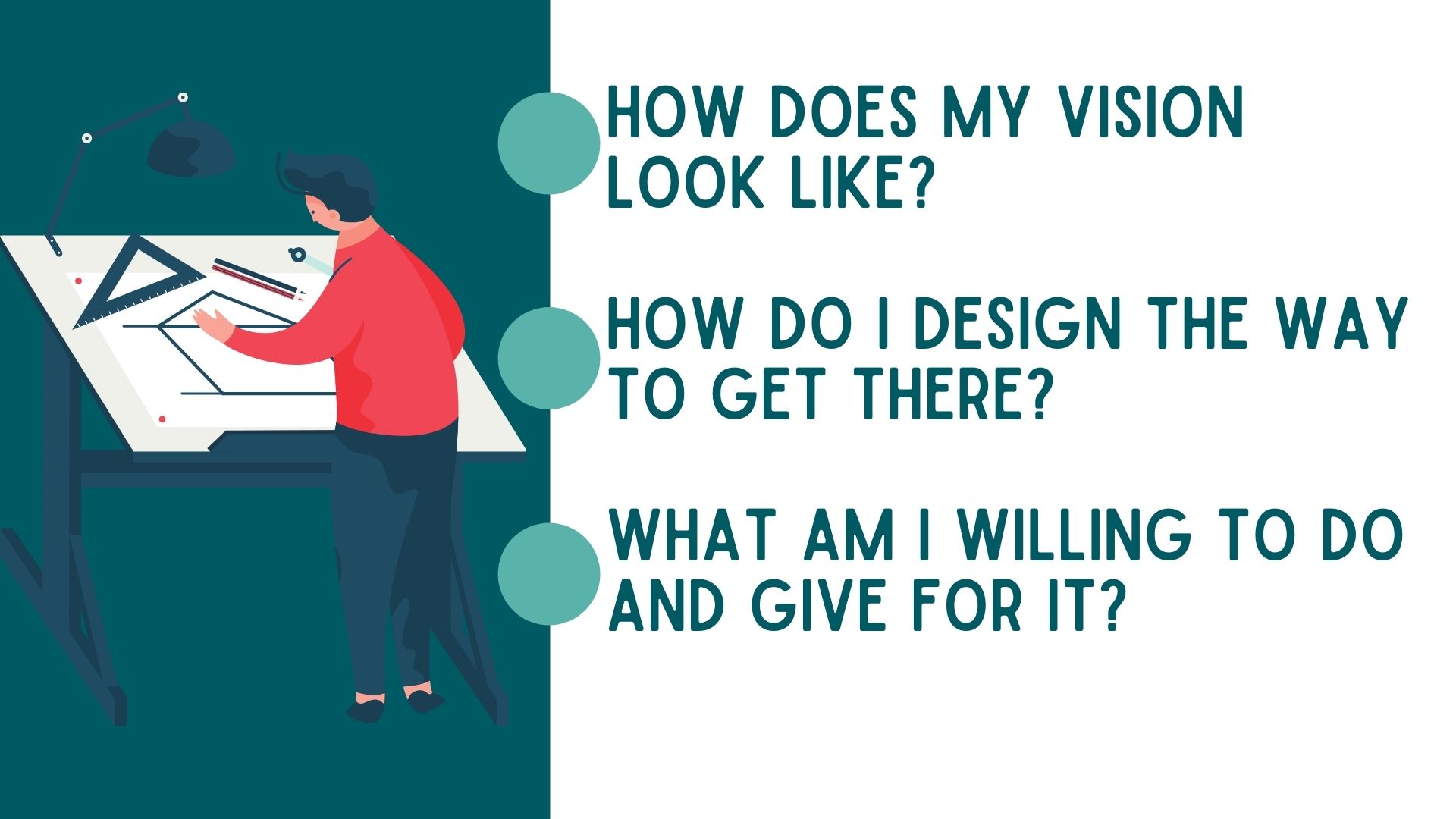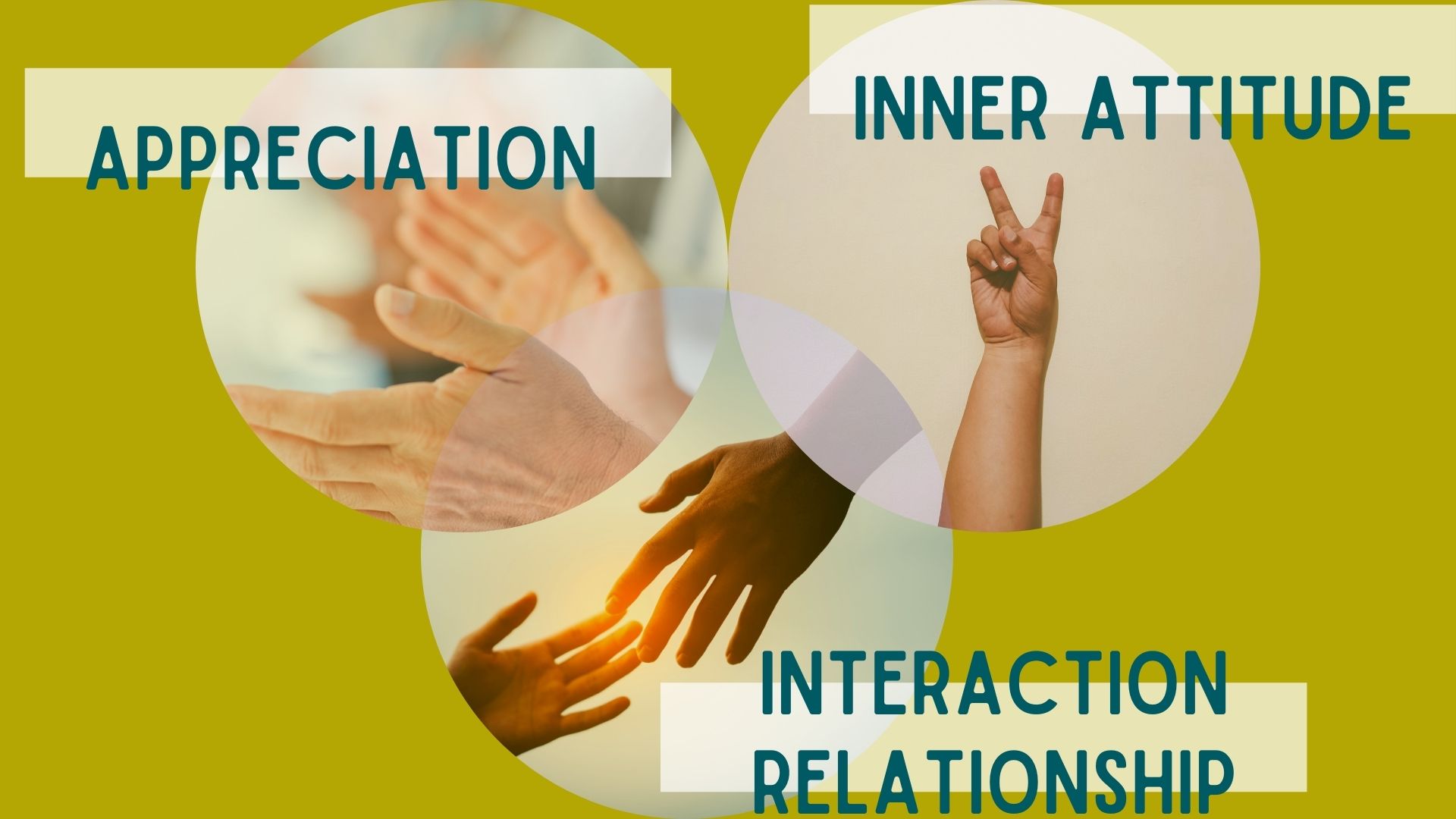The Five paths to dignified transformation processes
Shortened Version

Changes are part of life and will accompany us from the cradle to our deathbed. Nothing stays as it is. Everything changes. That is the way of things. Nevertheless, we find ourselves in a new era of change. Everywhere there is a call for it, It must come quickly, and it must work. But hasty and ill-considered changes usually fail. In my view, the difference between change that successfully supports us in our challenges – leading us down new, hopeful paths – and change that feeds on the old and the worn-outdepends to a great extent on whether dignity is the foundation of the change process.
Dignity is the key
Lasting change is, above all, inner work. It is necessary to recognize problems in advance and prepare to face difficulty. We may have to ask ourselves unpleasant questions and deal with the consequences of our personal decisions on surroundings, relationships, and work-life. Only when we have done this can effective change processes be set in motion. Everything but this type of prepared, dignified change are useless shams.

Because recognizing a problem and visualizing its consequences are not simple processes, we should ideally be accompanied by experts – often in the form of coaching. With an expert at our side – and dignity as a compass in our hands – leadership can be revolutionized to a standard suitable for the 21st century. Sustainability, diversity, equity and inclusion, are necessary solutions to our biggest problem: the climate crisis.
How we can build on ourselves with dignity and thus grow beyond ourselves
All change processes are preceded by a vision or a wish. This is the beginning of the inner house building. Similar to architects, I ask three questions at the beginning of building a project:

The three qualities of change processes
From my experience in accompanying change processes, three qualities are essential for dignified change.

Appreciation
It is important to recognize and appreciate one’s own value as well as the value of others and their position. Appreciation should always be rooted in sincerity.
Interaction/Relationship
Ask yourself the following questions: What do my relationships look like? Are they secure? Do I have trust? Am I being seen and heard? Is my counterpart present in the decision making process? Are my boundaries being respected? Am I respecting the boundaries of others? Security of connections is of critical importance in one’s life, but also in change processes.
Inner Attitude
Inner attitude is about balance and perception – both towards myself and towards others. How do I see my counterpart? Smaller or bigger than me? How do I see myself towards others? Smaller or bigger than my counterpart? It is important to always meet each other at eye level, no matter in which position we see ourselves or others. Strengthening our inner attitude can set a lot in motion. But it always brings us to an inner (adult) place where our full resources are available to us.
The five pathways to dignified change
Since change is natural and we cannot avoid it anyway, it makes sense to accept it instead of fighting it – to change our attitude and, above all, to approach it with dignity.
In this way it is possible to
- BE ACTIVE
Get actively involved in the change process. Think, what can I actively contribute? Find a place where you can actively contribute. Ask yourself, what do I want to keep? What do I want to change? What is the opportunity in doing so?
- BREAK THE FORMULA

Even though we sometimes can’t control the event, we have power over our reaction to it. Often much more than we realize. It is this reaction of ours that has a decisive effect on the outcome. The event itself plays a subordinate role. Or to say it with the words of Viktor Frankl: Between stimulus and reaction there is a space. In this space we have the freedom and the power to choose our reaction.
- CREATE A STORY
Think about what story you want to be a part of, how do you want your legacy to be remembered?. Then start writing it and living it. The story you writeis far more important than any story someone writes about you. Use the paradigm of a self-fulfilling prophecy! Tell stories that you would like to see turned into reality.
- FOLLOW YOUR INTUITION
Listen to your intuition. Most of the time we know very well when a change is about to happen. The sooner we listen to our inner mood and give it space, the easier it will be for us to make a change. A walk or 5 minutes of silence a day can make you feel better and create space for your inner voice to sing.
- DO
Don’t put off pending changes, uild necessary resources. DO nourish and recover from one change before tackling the next one, but don’t let this process drag on. Procrastination saps valuable energy.



